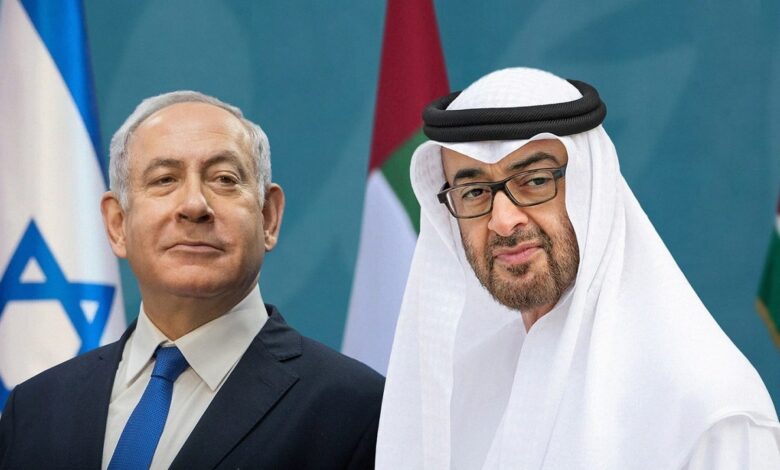The New York Times report on the increasing negative view of Emiratis towards the normalization of relations

| The New York Times says that Emiratis' negative view of the normalization agreement is growing and finding supporters for it has become difficult. |
During the aggression of the Zionist regime in Gaza, the UAE maintained its relations with this occupying regime, but with increasing anger against the Zionist regime, these relations are under pressure.
According to the American newspaper New York Times, this newspaper announced: Just a few years ago, many Emirati citizens were willing to talk warmly about their country’s emerging relationship with Israel, but now, while Israel’s months-long bombardment of Gaza angers has aroused all over the world. It is difficult to find UAE sponsors for this deal.
This newspaper quoted an Emirati businessman who once promoted economic relations with the occupiers and wrote that he has left the Emirates Business Council and the Zionist regime and has nothing else to say. The New York Times also reported that some Emiratis are disappointed with the normalization deal with the Israeli regime, but they are afraid to speak out for fear of a history of arrests of critics by Emirati leaders.
Anger towards the Zionist regime and its main ally, America, because of the regime’s bombing and invasion of Gaza, was strongly inflamed in the Arab world, which caused some Arab countries to reconsider their relationship with the Zionist regime.
This newspaper confirmed that the diplomatic stagnation caused by the war has made the embassy and consulate of the Zionist regime in the UAE the only fully operational diplomatic mission in the Arab world. The American newspaper revealed that many state-owned airlines have suspended flights to the occupied territories, making the United Arab Emirates the only country in the West Asia where people can travel directly.
But despite the pressure, the UAE authorities say that they do not intend to cut ties. Analysts do not expect the UAE to pull out of the normalization deal, as it is a diplomatic lifeline for the Zionist regime as its relations with other Arab countries deteriorate.
Similarly, Noah Gastfreund, co-founder of the Zionist Tech Zone, a group that connects Emirati and Zionist tech entrepreneurs and investors, said: “The romantic phase of the Abraham Pact (agreement to normalize relations) has kind of faded away.” And we have now entered the realistic stage. This will be easy to understand.
This American newspaper reported that many Emiratis refused to be interviewed about the Gaza invasion or the UAE’s relations with the Zionist regime out of fear. But one of his 20-something Emiratis agreed to speak, on the condition that he be known only by his middle name, which was Salem.
Salem described his growing sense of alienation as he enjoyed a comfortable life among skyscrapers and cafes, while images of death and destruction streamed out of Gaza. Relations with Israel were disappointing, he said, especially since he and many Emiratis were brought up to see the Palestinians as brothers who needed to be protected.
Salem added: He now believes that the Abraham Accord was an attempt to gain the support of the UAE’s western allies, and this made him feel that his country’s values are for sale.
According to the Washington Institute for Near East Policy, by November 2022, 71 percent of people surveyed in the United Arab Emirates said the agreements had a negative impact on their region.
| © | Webangah News Hub has translated this news from the source of Young Journalists Club |


